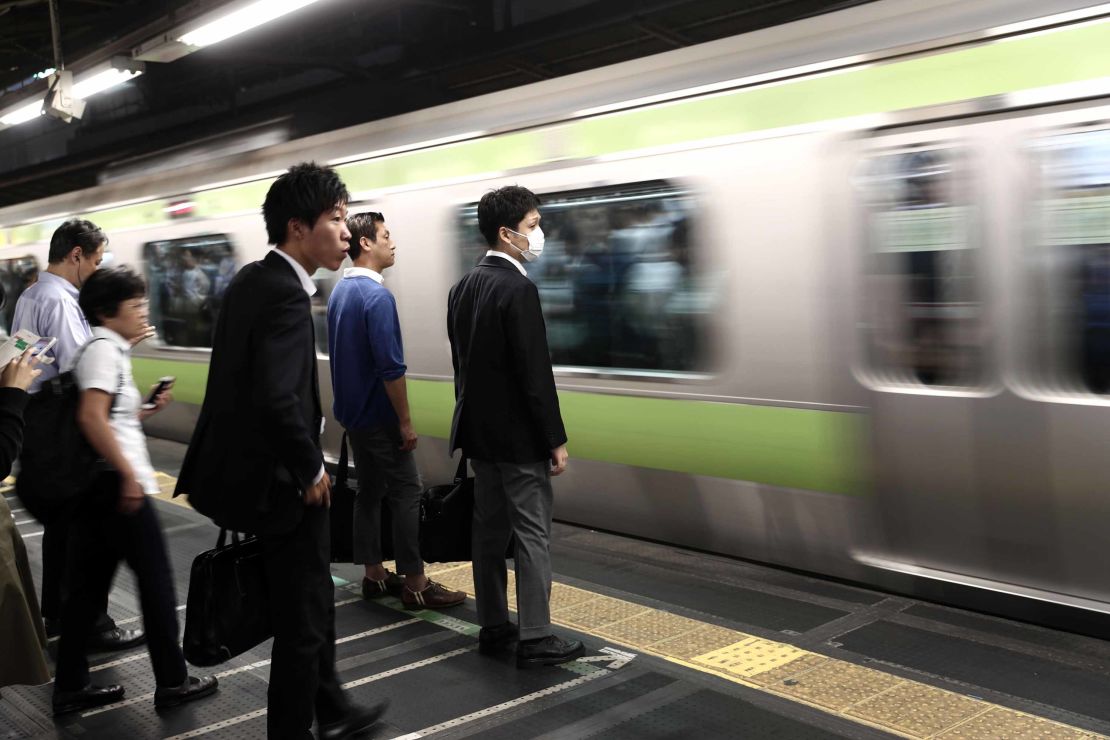More than half a million people in Tokyo are being asked to work from home as part of a trial scheme aimed at tackling transport congestion ahead of the 2020 Olympic Games in the city.
Over 20 million people use public transport in the greater Tokyo area every day, and it is feared the arrival of more than 600,000 people visitors to the Olympic and Paralympic Games will overload the city’s notoriously strained system.
In a bid to avert travel chaos, the Japanese government has launched its “Telework” scheme, where an equal number of employees are encouraged to work from home for at least two weeks from July 24. Japan’s Ministry of Economy, Trade and Industry (METI) is hoping that more than 600,000 workers from 3,000 companies will take part in the trial.

Toyko’s metro system is notoriously busy – an average of 3.64 million passengers pass through the city’s Shinjuku Station each day, which was crowned the world’s busiest station by the Guinness World Records and has over 200 exits. Home to nearly 38 million people, Greater Tokyo is the most populated metropolitan area on Earth.
In July, Google data showed Tokyo’s Chuo Line to be one of the world’s most-crowded transit lines, and the situation is not much better in other parts of the city. On rail and subway lines, train operators have been known to employ “oshiya” (or “pushers”), who are tasked with shoving passengers and bags inside packed carriages.
Experts have raised serious concerns about the impact of the Olympics, which will be held from July 24 to August 9 2020, and the subsequent Paralympics which finish on September 6.
Azuma Taguchi, a Chuo University professor who has studied the issue of transport overcrowding, told Reuters in November that trains could reach 200% capacity at peak times.
“However, there is a possibility that number could increase one and a half times during the Olympics,” he said, warning that the subway system would be crippled if it was to reach 300 percent capacity.
More than 50,000 employees from Fujitsu and more than 10,000 workers from NEC will join the government scheme, which has been trialed on smaller scales since 2017. Ricoh will close its headquarters to allow 2,000 employees to work remotely.
63,000 people took part in the first trial in 2017, with the number jumping to 300,000 people from 1,682 organisations in 2018, METI confirmed.
CNN’s Lauren Said-Moorhouse contributed to this report.
